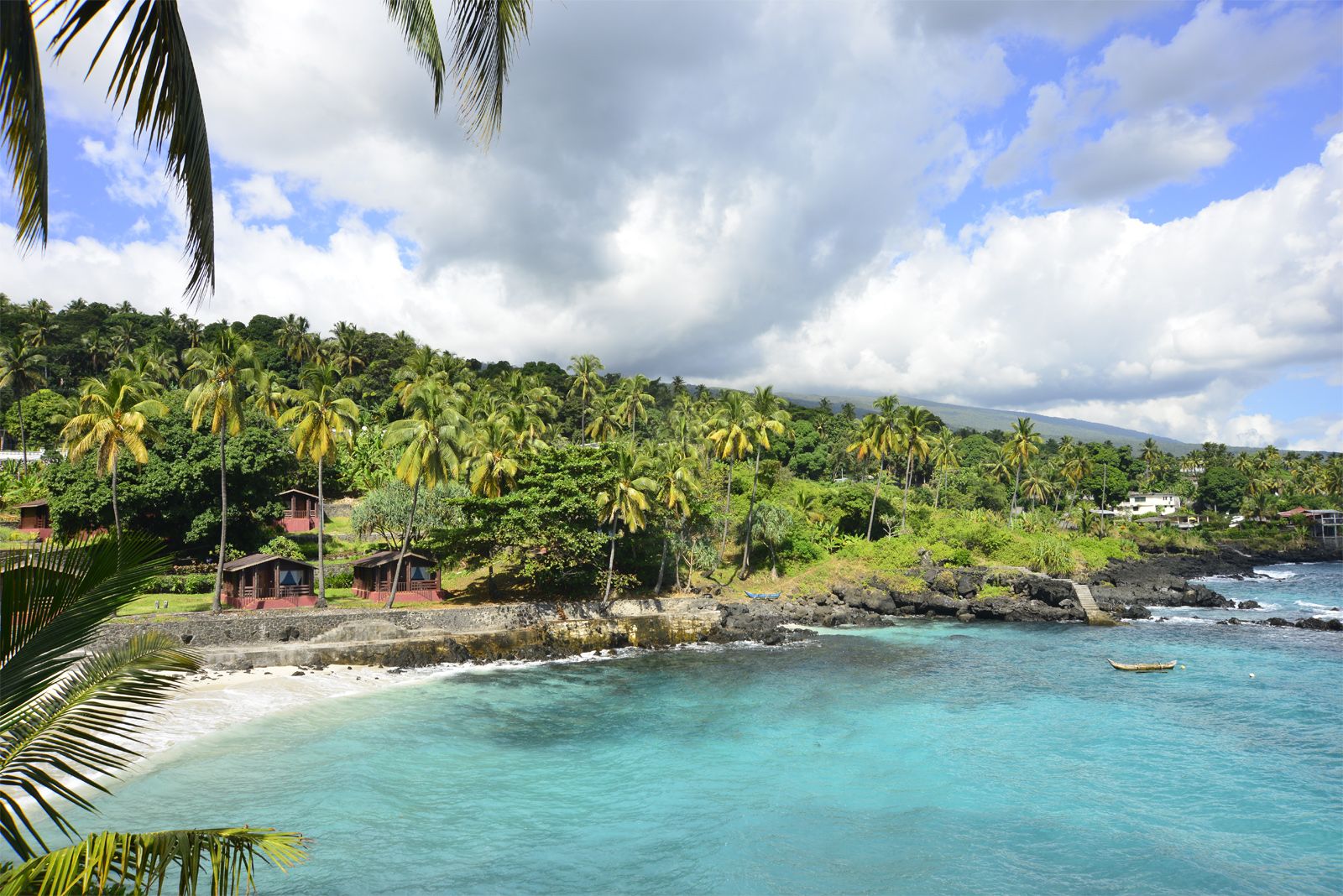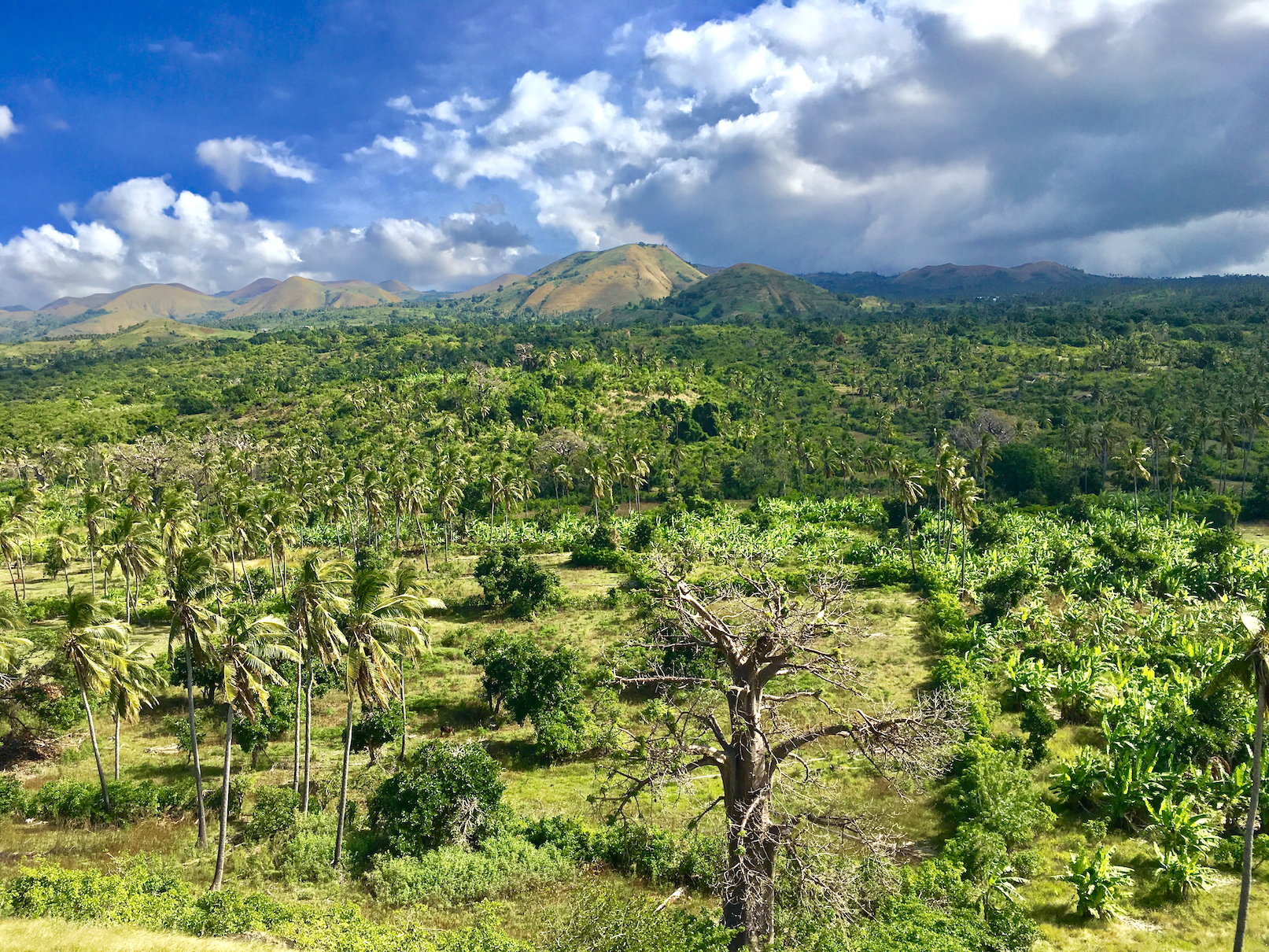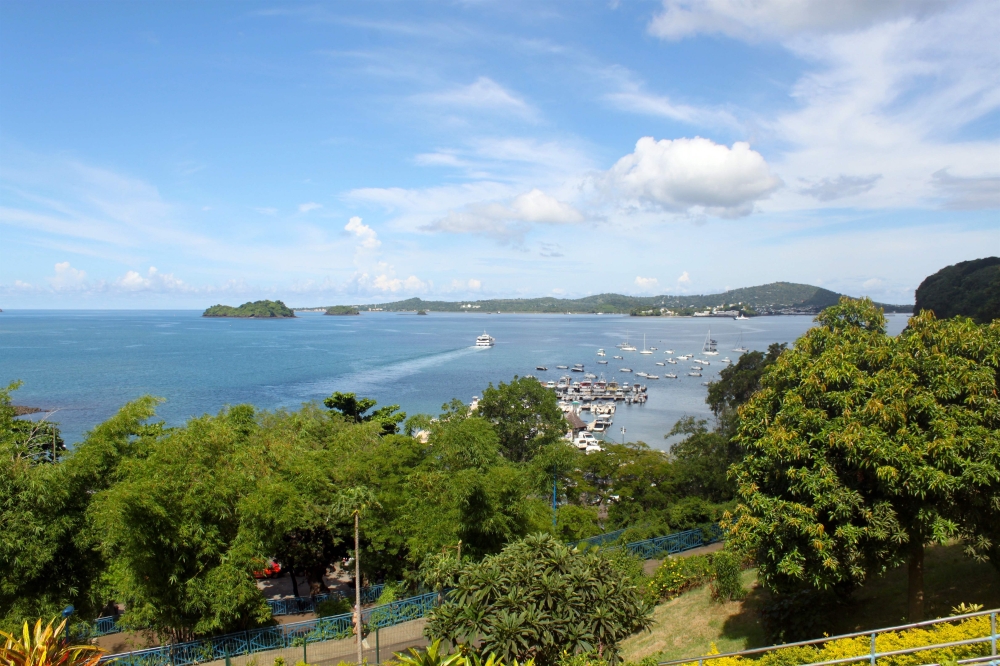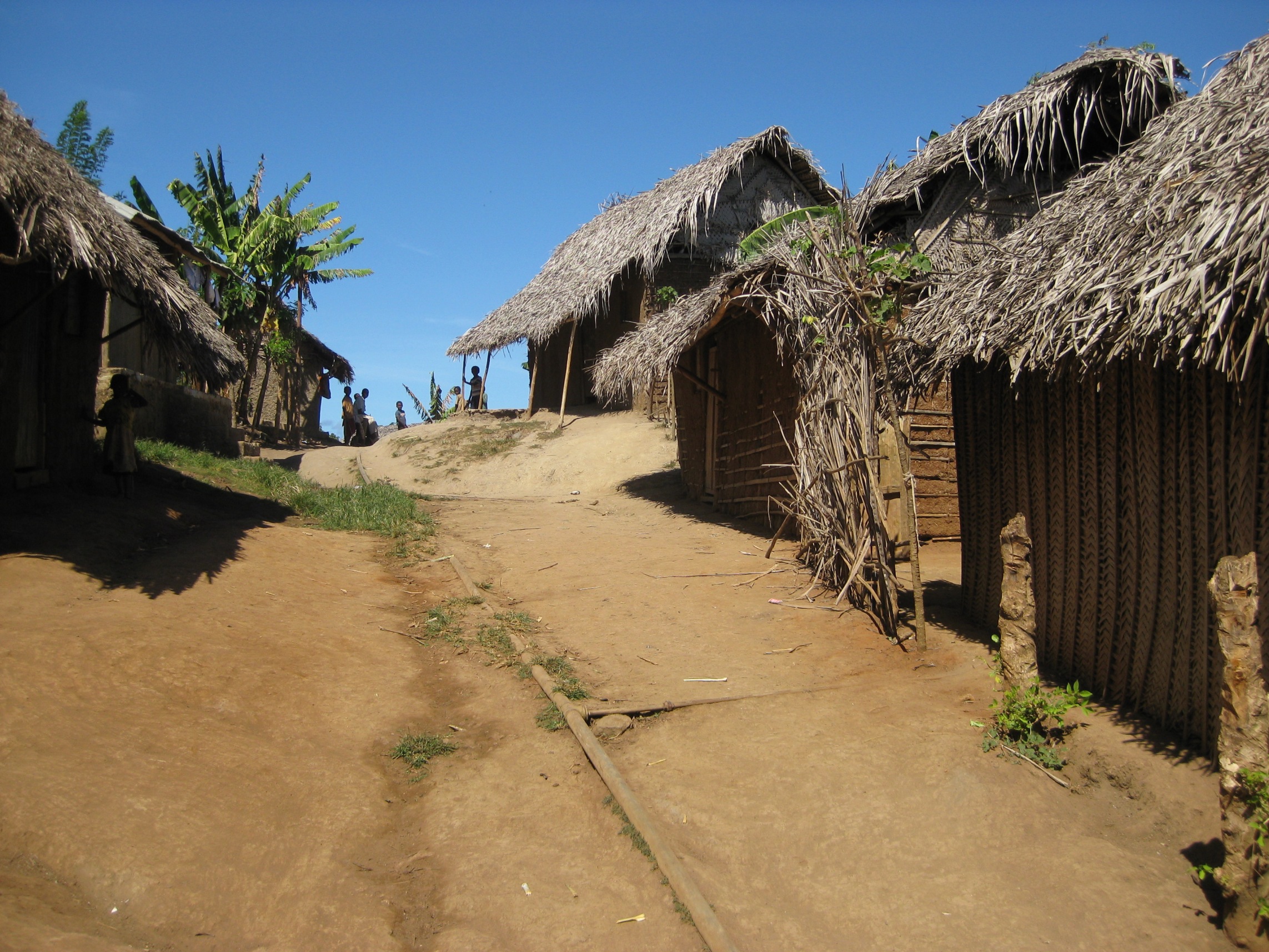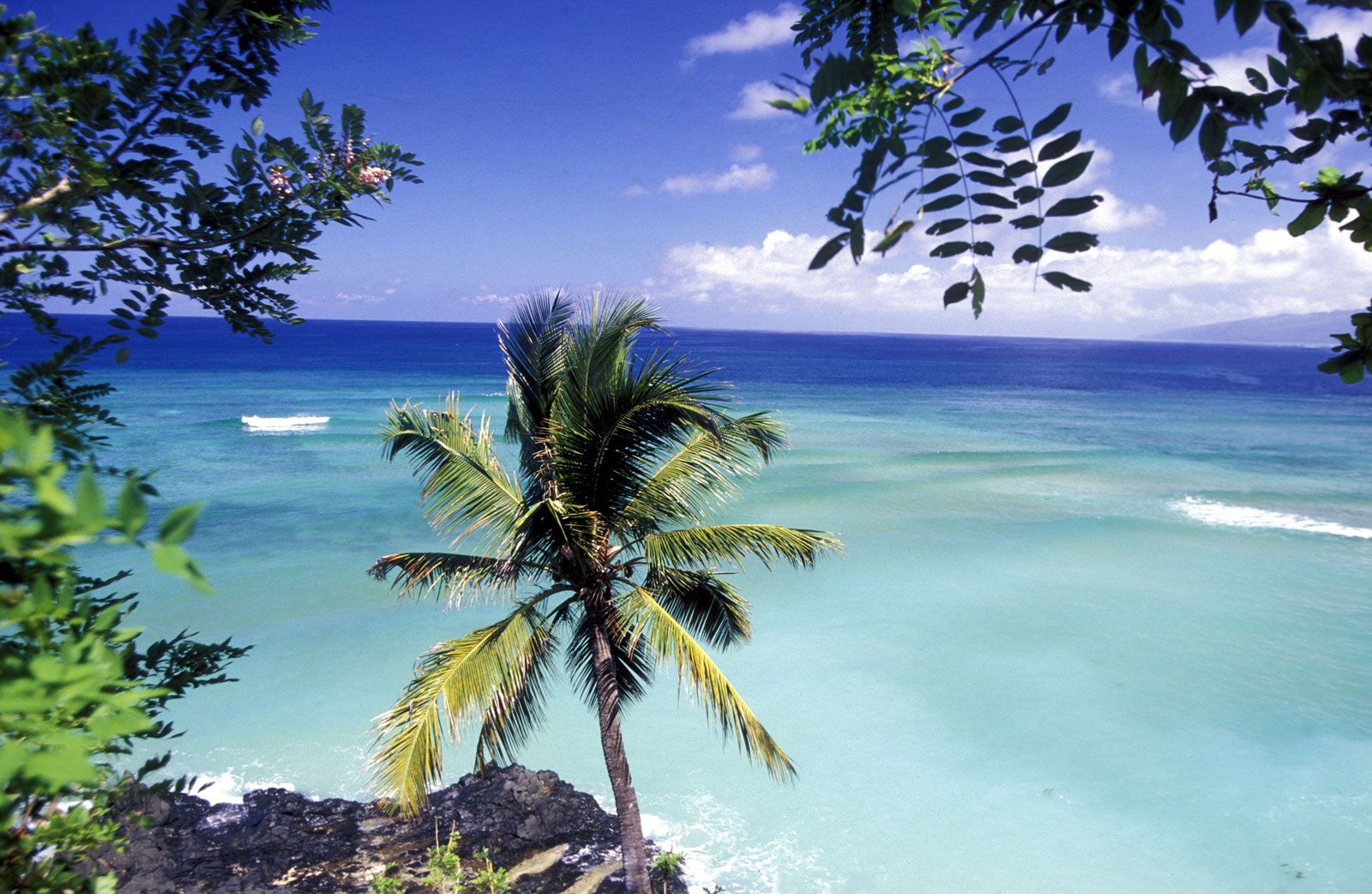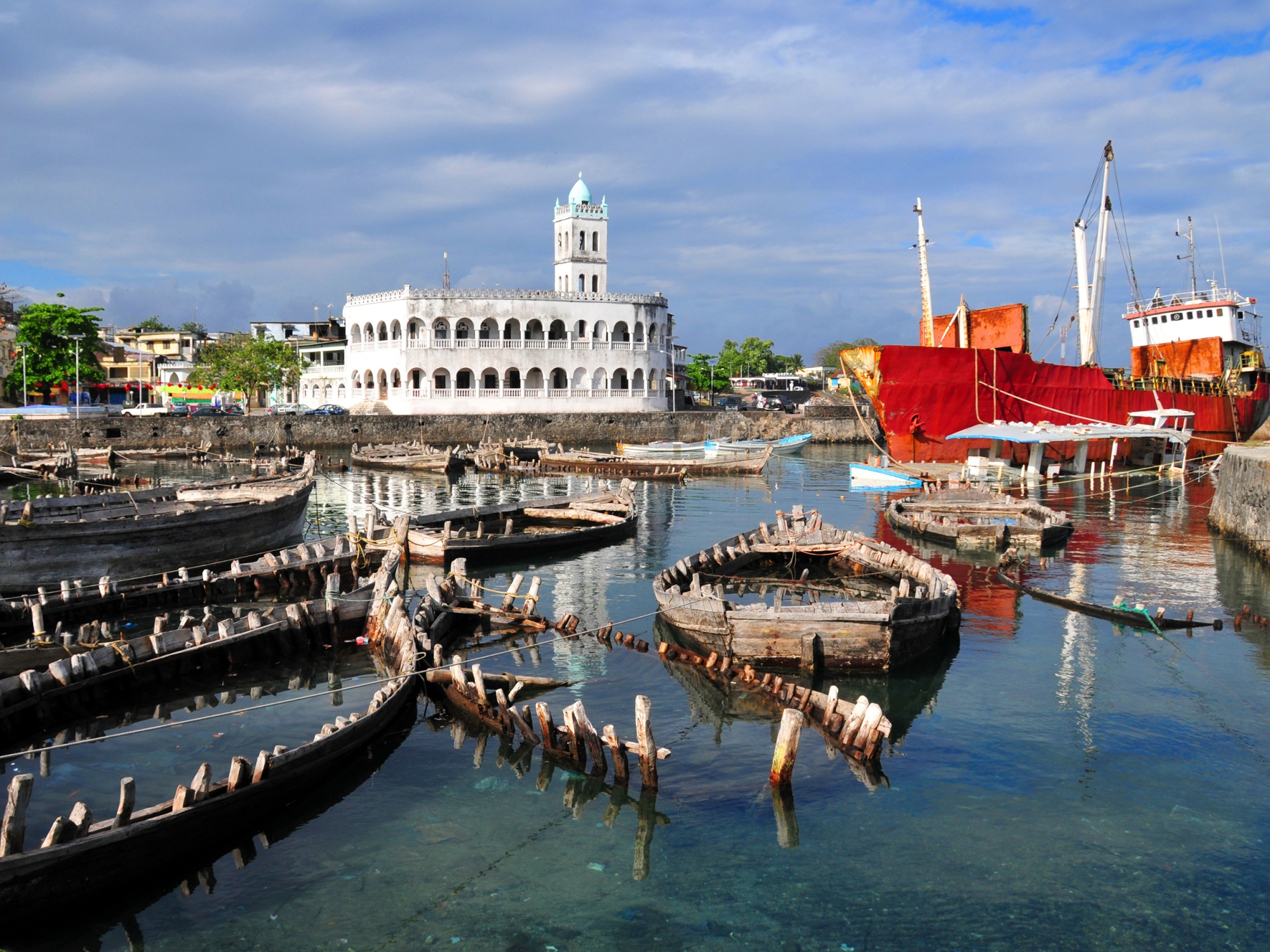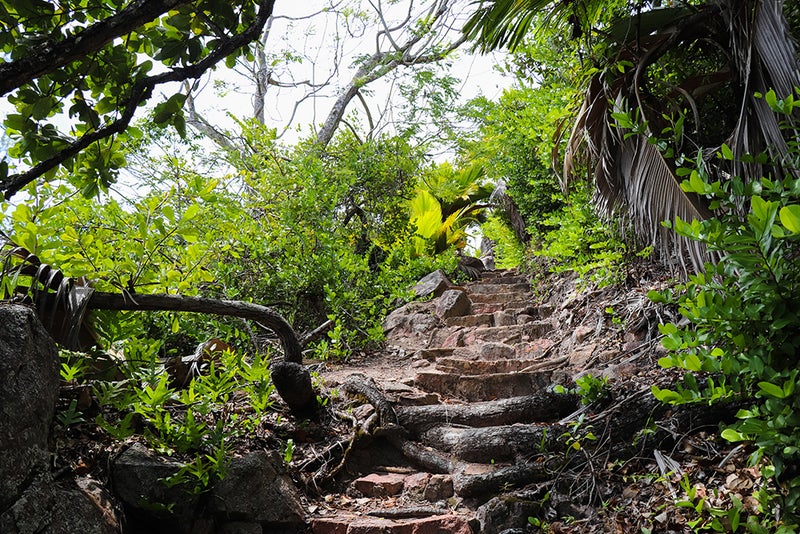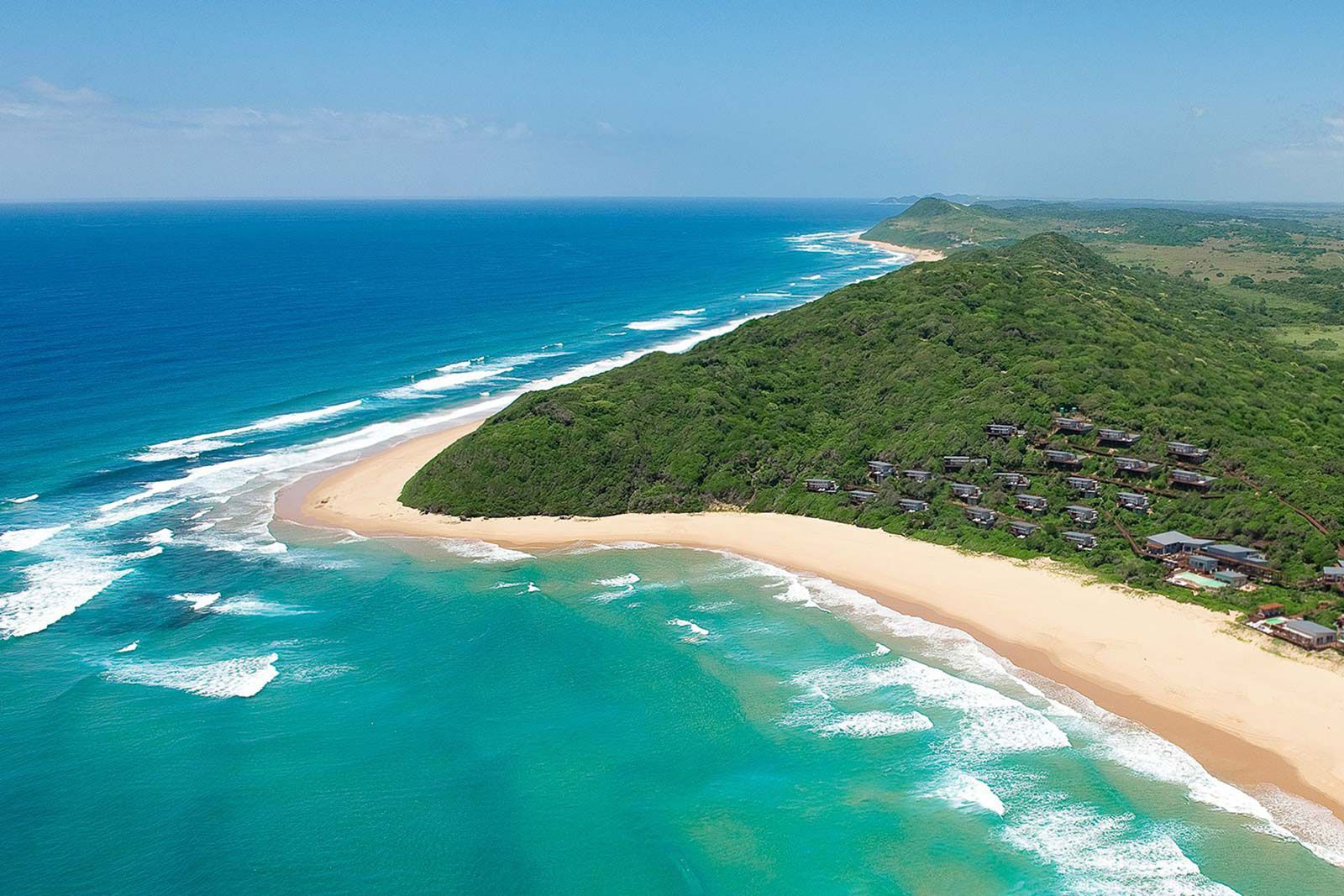Views Of Comoros Archipelago
About
location:
Indian ocean, off the Southeastern coast of Africa
The Comoros, officially known as the Union of the Comoros, is a small island nation located in the Indian Ocean, off the eastern coast of Africa. The country is composed of three main islands, Grande Comore, Anjouan, and Mohéli, as well as many smaller islands. Comoros has a population of around 850,000 people and its capital and largest city is Moroni, located on Grande Comore.
Comoros has a diverse population that reflects a mix of African, Arab, and Malagasy cultures. The country has a rich history influenced by Swahili, Arab, and French colonization. Comoros gained independence from France in 1975.
The economy of Comoros is largely based on agriculture, fishing, and the export of vanilla and cloves. The country also relies on remittances from Comorian diaspora communities living abroad. Comoros faces challenges such as poverty, limited access to healthcare and education, as well as political instability.
Comoros is known for its natural beauty, including pristine beaches, coral reefs, and volcanic landscapes. The country attracts tourists seeking a peaceful and exotic getaway, with About the weather opportunities for snorkeling, diving, and exploring the local culture.
Overall, Comoros is a unique and intriguing destination with a rich history, diverse culture, and stunning natural scenery.
Things to know before travelling to Comoros Archipelago
This article is a tip of the iceberg but will equip you with the "Absolute Need to Knows" for Comoros Archipelago.
How to get there?
Getting to the Comoros is not as straightforward as some other African countries, but it's definitely doable. The main way to get there is by plane. There are several airlines that fly to Moroni International Airport, including Turkish Airlines, Ethiopian Airlines, and Air France.
The other option is to fly to Madagascar, Mauritius, or the Seychelles and then take a connecting flight to the Comoros. You can also reach the Comoros by boat, though this is not as common. Once you arrive in the Comoros, you can get around by bus, taxi, or rental car.
About the weather
The weather in the Comoros is warm and tropical year-round, with temperatures ranging from the 70s to the 90s Fahrenheit. The country has two distinct seasons - a dry season from May to October, and a rainy season from November to April.
The rainy season can bring heavy rains and storms, so if you're visiting during this time, be prepared for wet weather. The dry season is a great time to visit, as the weather is generally sunny and pleasant. And because the Comoros is located in the Indian Ocean, it's a great place to enjoy the ocean breeze!
Medical matters that affect your visit.
Visiting Comoros, an island nation in the Indian Ocean, may entail considering certain medical matters for a safe and healthy trip. Here are some key considerations:
Vaccinations
Make sure your routine vaccinations are up to date before traveling to Comoros. Additionally, vaccines for Hepatitis A, Typhoid, Yellow Fever, and Rabies may be recommended depending on the duration and nature of your visit.
Malaria
Malaria is a risk in Comoros, especially in rural areas. Consult with a healthcare provider to get prescribed antimalarial medication and take necessary precautions to prevent mosquito bites.
Water and Food Safety
To avoid water-borne diseases like traveler's diarrhea, drink only bottled or boiled water and eat hot, freshly prepared foods from reputable sources. Avoid consuming raw or undercooked foods.
Medical Facilities
Medical facilities in Comoros may be limited, particularly on the smaller islands. It's advisable to have travel insurance that covers medical evacuations in case of serious illness or injury.
Heat Exposure and Sun
Comoros has a tropical climate, so protect yourself from excessive heat and sun exposure by wearing sunscreen, hats, and lightweight clothing, and staying hydrated.
Insect-borne Diseases
Apart from malaria, other insect-borne diseases like dengue fever and chikungunya are present in Comoros. Use insect repellent, wear long sleeves and pants, and sleep under mosquito nets to prevent bites.
Altitude Sickness
If you're planning to visit Mohéli, where there are higher altitudes, be aware of the risk of altitude sickness. Ascend gradually, stay hydrated, and avoid alcohol to acclimatize better.
Motion Sickness
Traveling between the islands by boat can cause motion sickness for some individuals. Consider taking medications or using other remedies to prevent and alleviate symptoms.
It's always recommended to consult with a healthcare provider or travel medicine specialist well before your trip to Comoros to receive personalized medical advice based on your health status and travel plans.
Cultural Ettiquettes at Comoros Archipelago
There are a few cultural etiquettes that you should be aware of when visiting the Comoros. First, it's important to dress modestly, as showing too much skin is considered disrespectful. Women should cover their shoulders and knees, and men should avoid wearing shorts.
Second, greetings are very important in the Comoros. When greeting someone, you should always use the appropriate Arabic greeting (salam alaikum) and shake hands. It's also important to use the appropriate titles when addressing people, such as "sheikh" for an older man, and "sheikha" for an older woman.
Another important cultural etiquette is to be respectful of Islamic traditions. The Comoros is a Muslim country, and most people follow Islamic customs. For example, it's important to refrain from eating, drinking, or smoking in public during the month of Ramadan.
It's also important to avoid pointing your feet at people, as this is considered disrespectful. Finally, it's important to remember that alcohol is prohibited in the Comoros, so you should refrain from drinking or bringing alcohol into the country.
Language and communication at Comoros Archipelago
The main mode of communication in the Comoros is French. French is the official language of the country, and most people speak it as a first or second language. The other main language spoken in the Comoros is Comorian, which is a blend of Arabic and Swahili.
Some people also speak Arabic and Swahili, and English is becoming more widely spoken, particularly in the tourism industry. Communication can be difficult in the Comoros, as many people speak different languages and dialects. It's a good idea to learn some basic French or Comorian phrases before you visit.
Another important aspect of communication in the Comoros is the use of body language. Body language is often used to communicate emotion and respect, and it's important to be aware of local customs. For example, it's considered rude to point your finger at someone, and it's also considered rude to touch someone's head.
Instead, it's customary to greet people by shaking hands, and to bow or nod your head to show respect. Additionally, it's important to always use your right hand when eating or giving or receiving gifts. These are just a few of the ways that body language is used to communicate in the Comoros.
Safety at the Comoros Archipelago
The Comoros is generally a safe country to visit, although there are some areas that are best avoided. The main tourist areas, like Moroni and Anjouan, are generally safe, but it's still important to be aware of your surroundings and take basic precautions.
Petty crime is the most common form of crime in the Comoros, so it's important to keep an eye on your belongings and not leave valuables unattended. There have also been some reports of car break-ins and theft of rental vehicles. Be sure to follow local laws and customs, and be respectful of local culture and religion.
The Comoros is generally a safe place to visit, but it's still important to use common sense and caution when traveling. With proper planning and preparation, you can have a safe and enjoyable trip to the Comoros.
Local Cuisine at the Comoros Archipelago
The cuisine of the Comoros is a fusion of African, Indian, and French influences. It's known for being spicy and flavorful, with an emphasis on seafood and tropical fruits. Some popular dishes include chicken curry, pilau (a rice dish), grilled fish, and coconut milk-based stews.
Tropical fruits like mango, papaya, and banana are also popular in the Comoros. There are also many street food vendors selling fried doughnuts, grilled corn, and other snacks. Traditional drinks include ginger beer, tamarind juice, and coffee.
Vital Information on Money Matters
When it comes to money matters in the Comoros, there are a few things to keep in mind. The currency of the Comoros is the Comorian franc, and you can exchange US dollars, Euros, or South African rand at banks and hotels.
Credit cards are not widely accepted, so it's best to have cash on hand. ATMs are available in major cities, but they can be unreliable. It's also important to be aware of the exchange rate, as it can fluctuate. Finally, tipping is not customary in the Comoros, but it's always appreciated.
Another important aspect of money matters in the Comoros is the use of bargaining. It's common to bargain for goods and services, especially at markets and small shops. So, when shopping, it's always a good idea to start with a lower offer and work your way up.
One thing to keep in mind is that bargaining should be done in a respectful and friendly manner, as it's considered part of the local culture.
Fun things to do at Comoros Archipelago
Here are lists of fun things to do at the Comoros Archipelago:
Visit Moheli Marine Park
Moheli Marine Park is a marine protected area that offers opportunities for snorkeling, diving, and wildlife watching. You can discover colorful coral reefs, swim with dolphins, and spot a variety of marine life such as turtles, manta rays, and whale sharks.
Explore Moheli Laka Lodge
This eco-lodge located on the island of Moheli offers various activities such as hiking, birdwatching, and exploring the lush tropical forest. You can also relax on the picturesque beaches and enjoy the tranquility of the surroundings.
Discover the Spice Plantations
Comoros is known for its spice production, particularly cloves, vanilla, and ylang-ylang. Visiting a spice plantation allows you to learn about the cultivation process, sample fresh spices, and see how they are harvested and processed.
Trek to Mount Karthala
Mount Karthala is an active volcano located on Grande Comore island. Adventurous travelers can embark on a challenging trek to the summit to witness breathtaking panoramic views of the island and the volcanic landscape.
Attend a Traditional Mwezi Wa Ngoma Dance
Mwezi Wa Ngoma is a traditional dance performed by the Comorian people during cultural celebrations and events. Experience the vibrant music, rhythmic dances, and colorful costumes that showcase the rich cultural heritage of the islands.
Relax on the Beaches
Comoros is home to beautiful beaches with crystal-clear waters and pristine sandy shores. Spend a leisurely day sunbathing, swimming, or snorkeling in the warm waters while enjoying the tropical atmosphere.
Sample Local Cuisine
Explore the local culinary scene and taste traditional Comorian dishes such as grilled seafood, coconut-infused curries, and cassava-based specialties. Don't miss the opportunity to try exotic fruits and freshly brewed local coffee.
Engage with the Locals
Take the time to interact with the friendly locals and learn about their traditions, customs, and way of life. Engaging in conversations, visiting local markets, and participating in community events can provide insight into the local culture and foster meaningful connections.
Bird Watching
Comoros is home to several unique bird species, including the endangered Comoros olive pigeon. Birdwatching enthusiasts can explore the island's forests and wetlands for a chance to spot rare birds.
These are just a few of the fun things to do in Comoros. Whether you're seeking adventure, relaxation, or cultural experiences, this island nation has something to offer for every type of traveler.
Who can travel to Comoros Archipelago?
Most nationalities can travel to the Comoros with a valid passport and a tourist visa. However, nationals of certain countries, such as Israel and South Africa, may need to apply for a special visa in advance. Travelers from most countries, including the US, Canada, and the UK, can obtain a visa on arrival.
The visa is valid for 30 days, and can be extended for an additional 30 days. It's important to check with the Comoros Embassy or Consulate in your home country for specific requirements.
Travel Documents
You will need a valid passport and visa to enter Comoros. Make sure your passport is valid for at least six months after your travel date and check if you need to obtain a visa before traveling.
What time of the year is best to visit?
The best time to visit the Comoros is during the dry season, which runs from May to November. This is when the weather is warm and sunny, and there is less rain. The rainy season, from December to April, can bring heavy rains and flooding. If you're planning to visit the Comoros during the rainy season, be sure to pack an umbrella and waterproof gear.
One thing to keep in mind is that the Comoros is located in the Indian Ocean, so it's also important to be aware of the cyclone season, which runs from November to April. The most intense cyclones usually occur in February and March.
Another important thing to consider when planning your trip to the Comoros is the timing of the tides. The islands of Grande Comore, Anjouan, and Mohéli are located in the Mozambique Channel, which is known for its strong currents and big tides
The best time to visit the beaches is during low tide, when the water is calm and clear. High tide can bring dangerous currents, so it's best to avoid swimming or snorkeling at this time. The best way to check the tide schedule is to ask your hotel or resort for more information.
Packing essentials for your trip
Here is a list of packing essentials for a trip to Comoros:
Lightweight clothing
Comoros has a tropical climate, so pack lightweight and breathable clothing such as shorts, t-shirts, and cotton dresses.
Swimsuit
With beautiful beaches and clear waters, a swimsuit is a must for enjoying the beach and water activities in Comoros.
Sunscreen
The sun in the tropical climate can be intense, so make sure to pack a high SPF sunscreen to protect your skin.
Insect Repellent
Mosquitoes are common in tropical areas like Comoros, so pack insect repellent to protect yourself from mosquito bites.
Comfortable walking shoes
Whether you plan to explore the beaches or hike in the volcanic mountains, comfortable walking shoes are essential.
Travel adapter
Comoros uses the European-style two-pin plug, so make sure to pack a travel adapter to charge your devices.
Lightweight Rain Jacket
While Comoros has a dry season, it's always good to be prepared for unexpected rain showers.
Medications
Pack any necessary medications and a basic first aid kit, as some medications may not be readily available in Comoros.
Travel documents
Don't forget to pack your passport, travel insurance documents, flight tickets, and any other necessary travel documents.
Cash and Credit Cards
While there are ATMs in major towns, it's always good to have some cash and credit cards for shopping and dining.
Remember to pack light and smart for your trip to Comoros, considering the tropical climate and outdoor activities you plan to engage in. Enjoy your trip!
view map
Book Flight ticket
If this widget is not showing try reloading the page
The flight search result will be provided in a new tab
Dzaoudzi—Pamandzi international airport, Mayotte will be a good destination if you are coming from outside Comoros
Book Hotel
If this widget is not showing try reloading the page
The hotel search result will be provided in a new tab
Input Moheli, Comoros, Anjouan, Comoros, Moroni, Comoros as the city name to search and compare hotel prices
You can book tours at hotels upon arrival.
